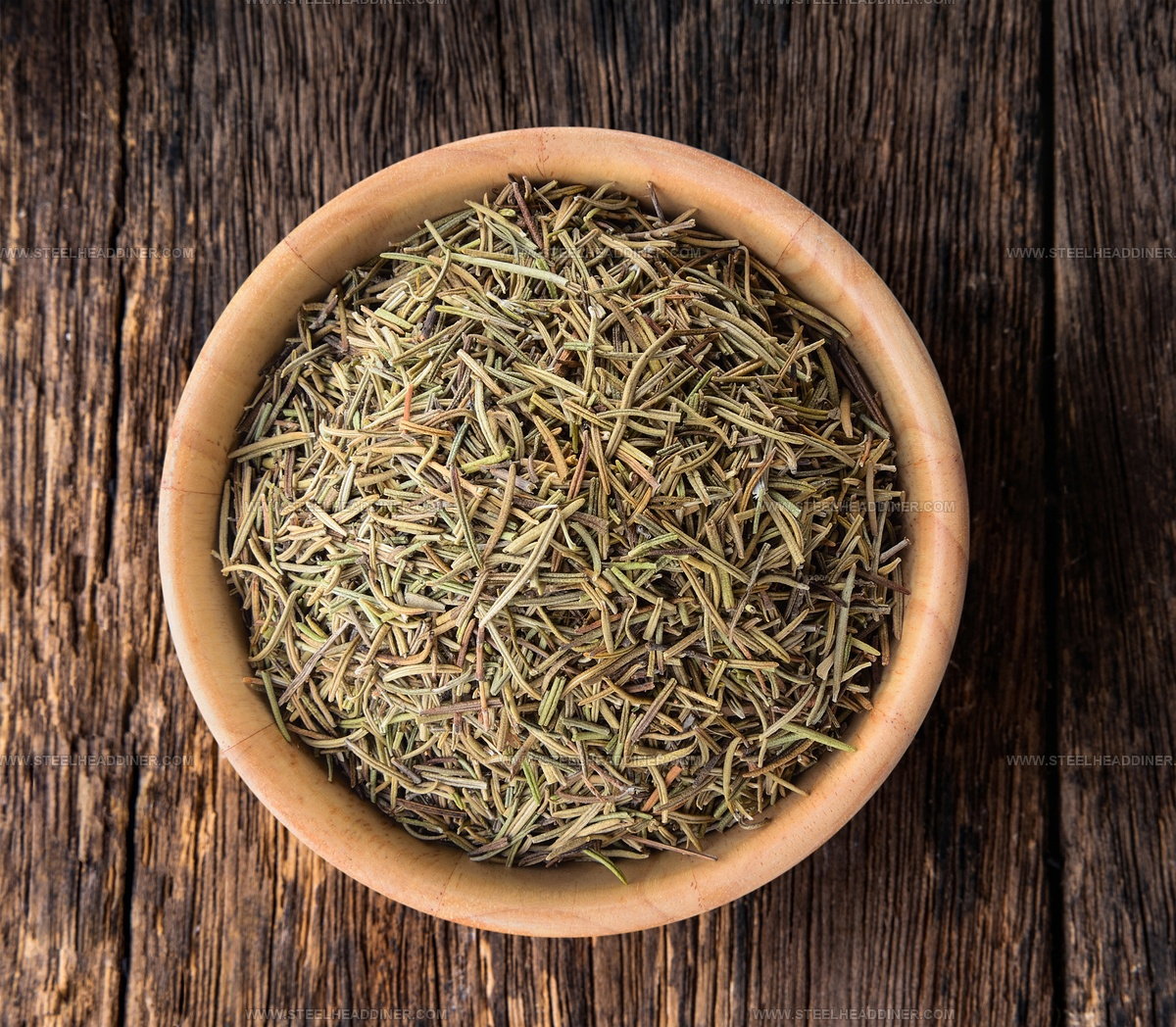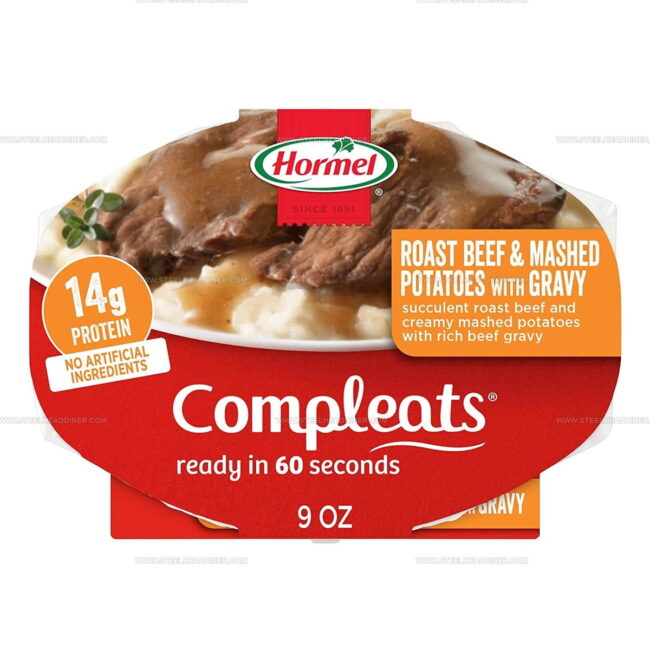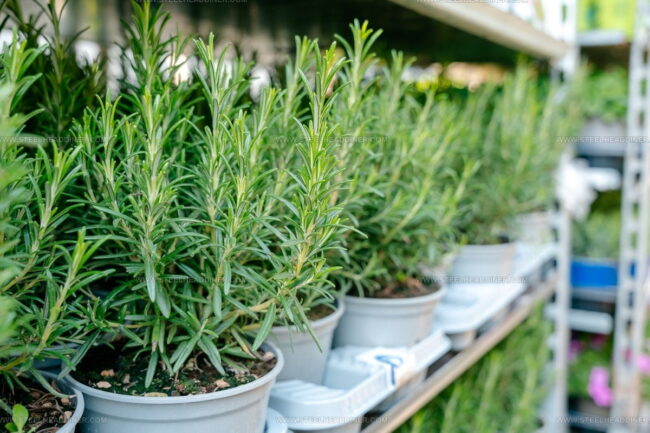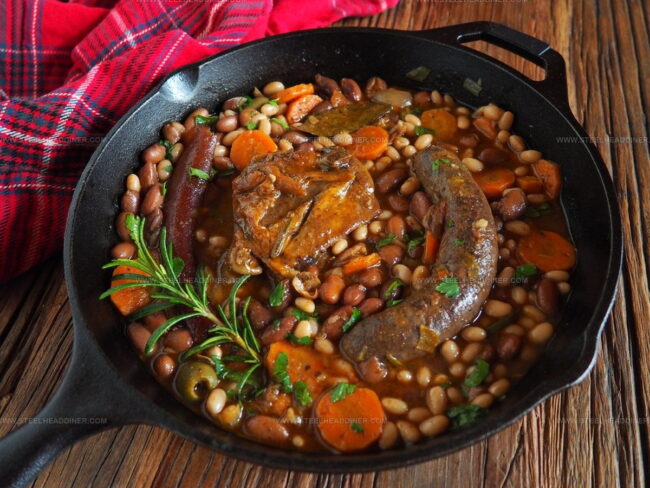3 Fresh Rosemary Replaced by Dried in Recipes
Dried rosemary is a handy pantry staple with a concentrated, piney aroma that differs from its fresh counterpart, yet it can work beautifully as a substitute in many recipes.
Because drying intensifies rosemary’s flavor, smaller amounts are needed when swapping it for fresh.
Its woody texture makes it ideal for slow-cooked dishes where it has time to soften and release flavors.
Crushing dried rosemary before use helps maximize its aromatic oils and fragrance.
While fresh rosemary lends brightness and subtlety, dried versions offer depth and robustness.
These differences can inspire new interpretations of familiar dishes rather than just replacements.
With some understanding of how to balance quantity and cooking time, dried rosemary becomes a versatile and flavorful ally in your kitchen.
How to Use Dried Rosemary Instead of Fresh
Distinct aroma and flavor can be matched with dried rosemary in place of fresh, though the intensity changes slightly. The right balance enhances both savory and baked dishes. Simple adjustments could make it work perfectly.
In Soup, Stew, Or Sauce
Substituting dried rosemary for fresh can be a smart cooking move when your herb garden isn't handy.
Dried rosemary maintains much of the aromatic pine-like flavor of its fresh counterpart, making it one of the few dried herbs that works well in hearty dishes like soups, stews, and sauces.
For best results, use just one teaspoon of dried rosemary to replace a tablespoon of fresh, as the dried version has a more concentrated flavor.
Many cooks prefer ground rosemary instead of whole dried needles to avoid the woody texture that can be unpleasant in finished dishes.
In Roast Food
Substitution allows cooks to swap ingredients without sacrificing flavor, with the dried-for-fresh herb exchange being one of the most common kitchen tactics.
Dried rosemary shines particularly well in roasted dishes like lamb, potatoes, and chicken because the dry heat cooking method complements its concentrated flavor profile.
The powerful essence of dried herbs means they should be used more sparingly than their fresh counterparts, following the classic ratio of one-third dried to one full part fresh.
For best results in most recipes, add dried herbs earlier in the cooking process to allow their flavors to properly infuse throughout the dish.
In Stir-Fry Recipes
Substituting dried rosemary for fresh in stir-fry dishes works wonderfully when you understand the correct measurements.
The dried version contains more concentrated flavor, requiring only about one-third of the amount compared to fresh rosemary in your recipes.
For best results, start with 1/3 tablespoon of dried rosemary to replace 1 tablespoon of fresh, then adjust according to your taste preferences.
Properly stored dried rosemary maintains its potent flavor, though herbs left exposed to air for extended periods may lose their punch.
Many people actually prefer using dried herbs in quick-cooking methods like stir-frying because they blend more seamlessly with other ingredients.
Does the Drying Process Change How Well Rosemary Substitutes Perform?
Yes, the drying process can significantly affect how rosemary substitutes perform in cooking. Fresh herbs tend to have a brighter, more vibrant flavor with delicate aromatic oils that release quickly, while drying concentrates and intensifies some flavors but can also diminish others, particularly the fresh, piney notes rosemary is known for.
As a result, dried substitutes may provide a more muted or sometimes slightly bitter taste compared to fresh rosemary. When using dried substitutes, it’s often best to add them earlier in the cooking process to allow their flavors to develop fully.
Are Rosemary Substitutes Equally Resilient in Long-Simmering Dishes?
Not all rosemary substitutes are equally resilient in long-simmering dishes. Rosemary itself holds up very well to prolonged cooking due to its tough, needle-like leaves and robust flavor. Some substitutes like thyme or oregano can also withstand long cooking times, but more delicate herbs such as basil or parsley may lose their flavor or become bitter when cooked for too long.
When choosing a substitute for rosemary in slow-cooked recipes, it’s important to select herbs that maintain their character under heat and adjust cooking times accordingly to preserve flavor balance.





Jack Monroe
Founder & Recipe Innovator
Expertise
Pacific Northwest cuisine, Single-serving recipe development, Sustainable sourcing and cooking, Modern comfort food
Education
Brightwater
Associate of Applied Science in Culinary Arts
Focus: Sustainable cooking, seasonal ingredients, and food systems education
Jack grew up with a fishing rod in one hand and a cast-iron skillet in the other. After graduating from Brightwater: A Center for the Study of Food, he set out to prove that cooking for one could still taste like a feast.
Jack believes that food should feel real: fresh, fearless, and a little wild, just like the rivers he grew up around. For Jack, every single dish is a small adventure, and the best ones are the ones you can cook with heart, not hassle.